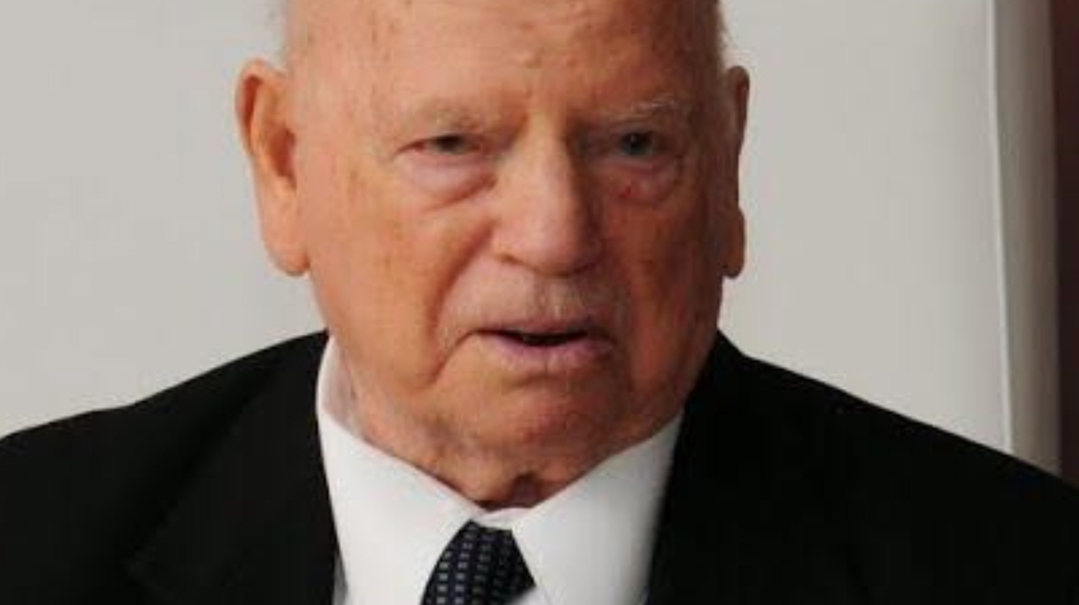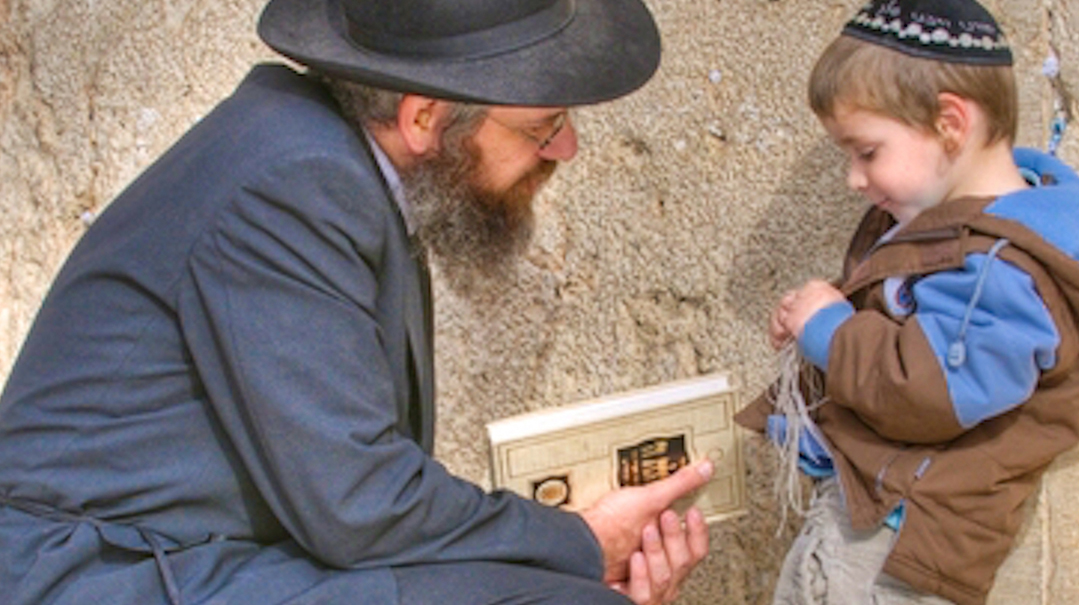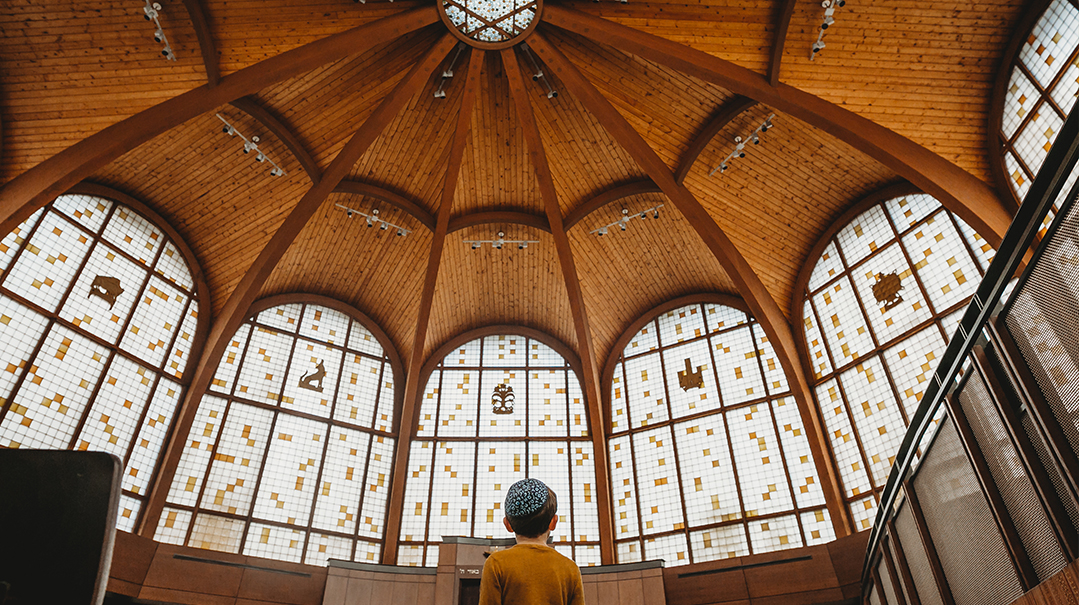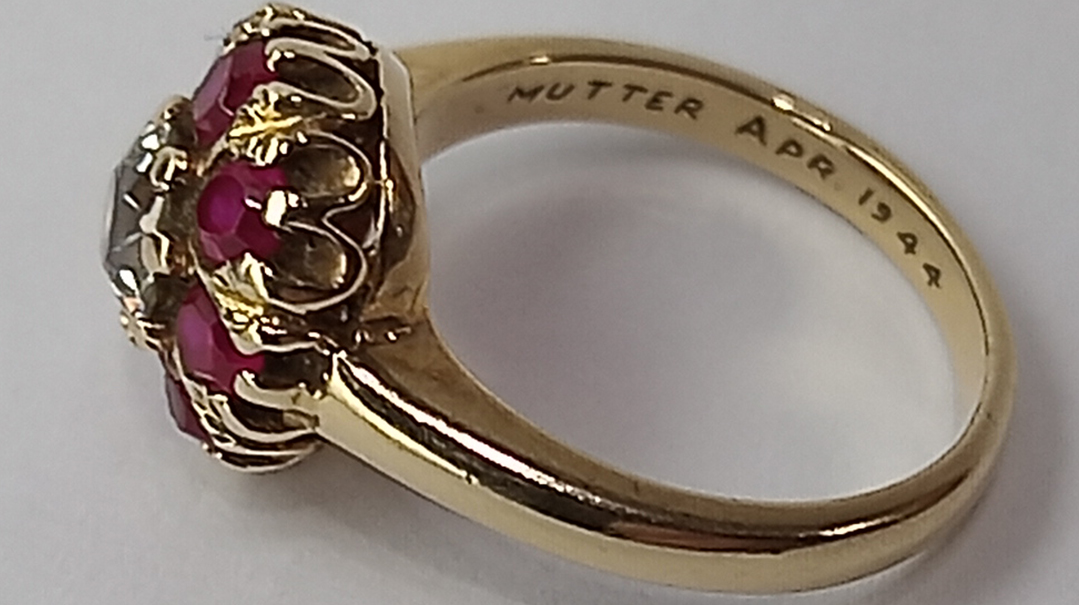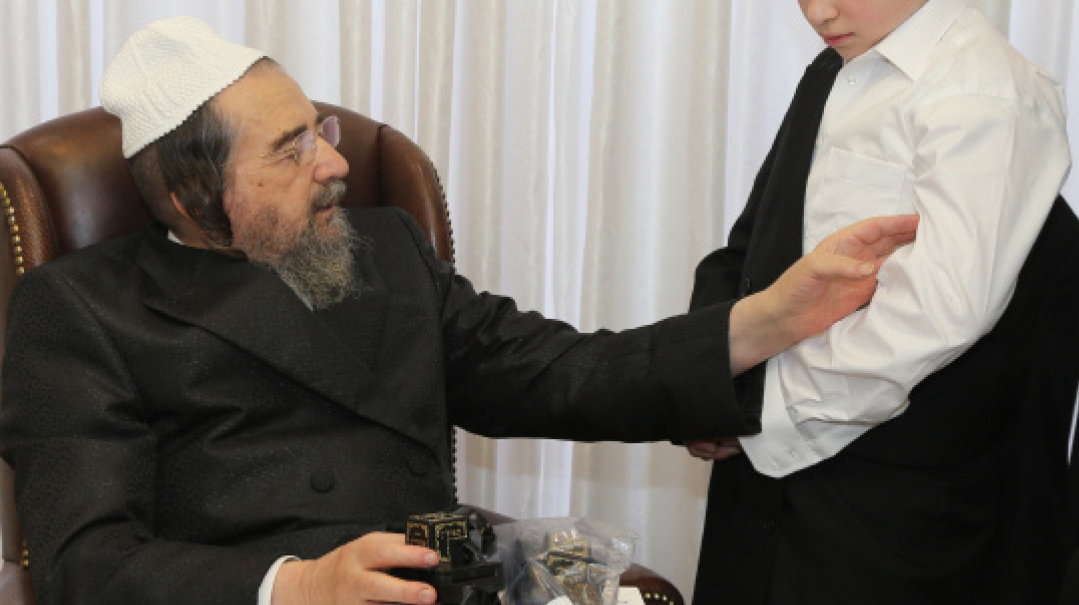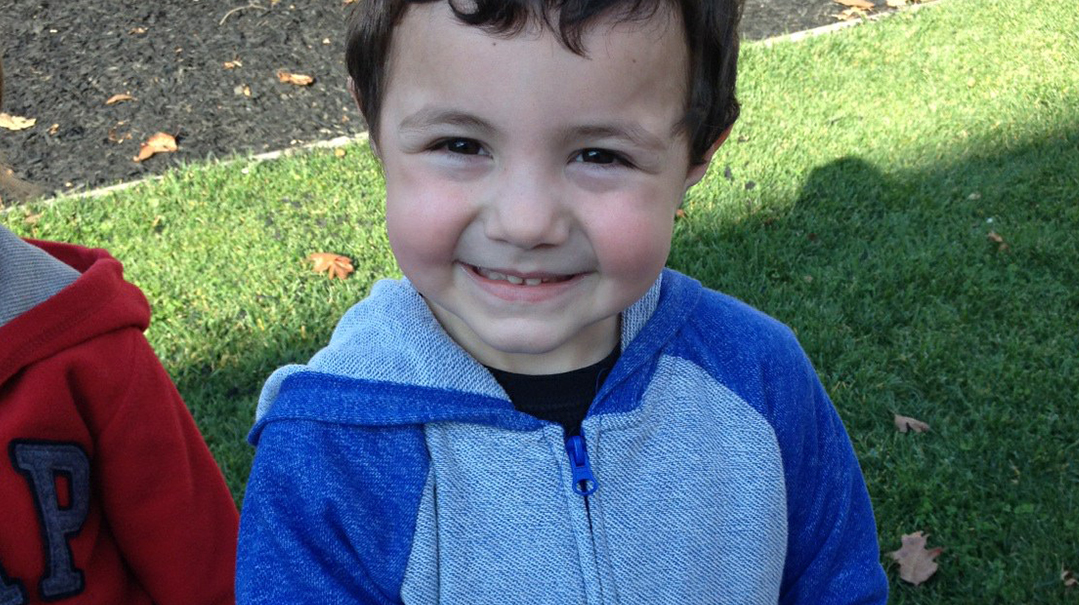They Know Mourning
| April 5, 2020I can still remember the elders of the community who wouldn’t even think to smile during that period
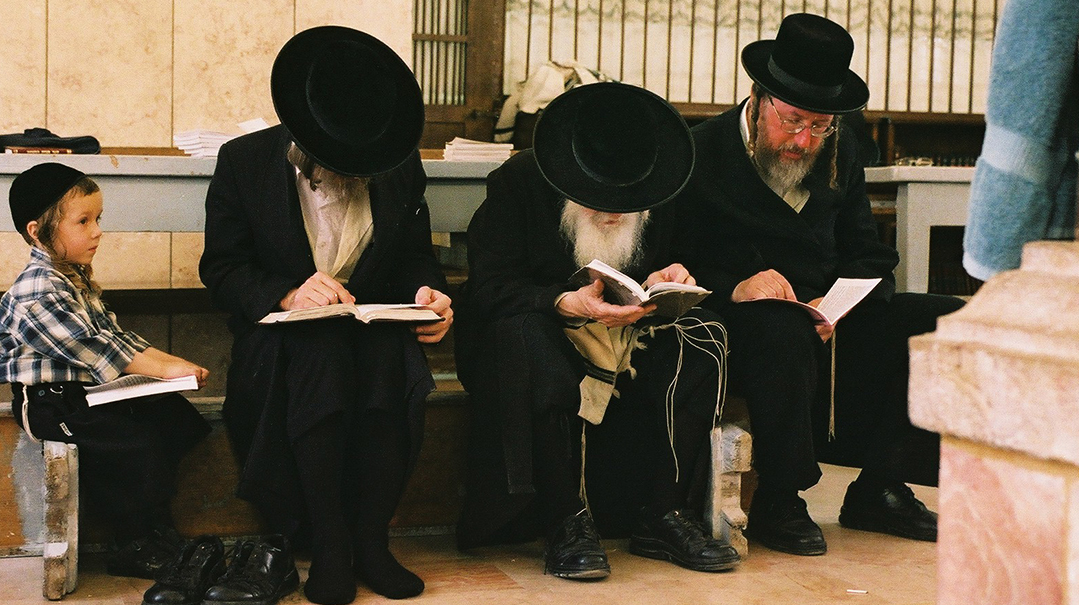
Growing up in Meah Shearim, one of my most powerful lessons was the lesson of the bein hameitzarim period, leading up to Tishah B’Av. No one taught me this lesson with words or chalk on a blackboard, or even photocopied papers. It was the kind of lesson you drink up just by living in a neighborhood that suddenly becomes shrouded in mourning.
In Meah Shearim, no one’s looking for shortcuts during the Three Weeks. There’s no a cappella music, no mock-fleishig meals, no clever shortcuts to somehow avoid facing the gaping loss our nation suffered and continues to suffer. The residents of this neighborhood are nothing if not realistic; the order of the day is mourning, and that is what they will do.
I can still remember the elders of the community who wouldn’t even think to smile during that period. Not because they were forcing themselves to avoid a show of joy, but because who could smile when their focus was on that sore, empty spot on the orphaned mountain just a 20-minute walk away?
True, I had never seen the crown jewel radiating from its place on that mountain, the Beis Hamikdash exuding purpose and holiness to the entire world. Then again, neither had they. But they’d absorbed what it means to mourn from the men who sat on the low benches before them, and they transmitted the same lesson to me.
(Originally featured in A Gift Passed Along, Pesach 5780)
Oops! We could not locate your form.






